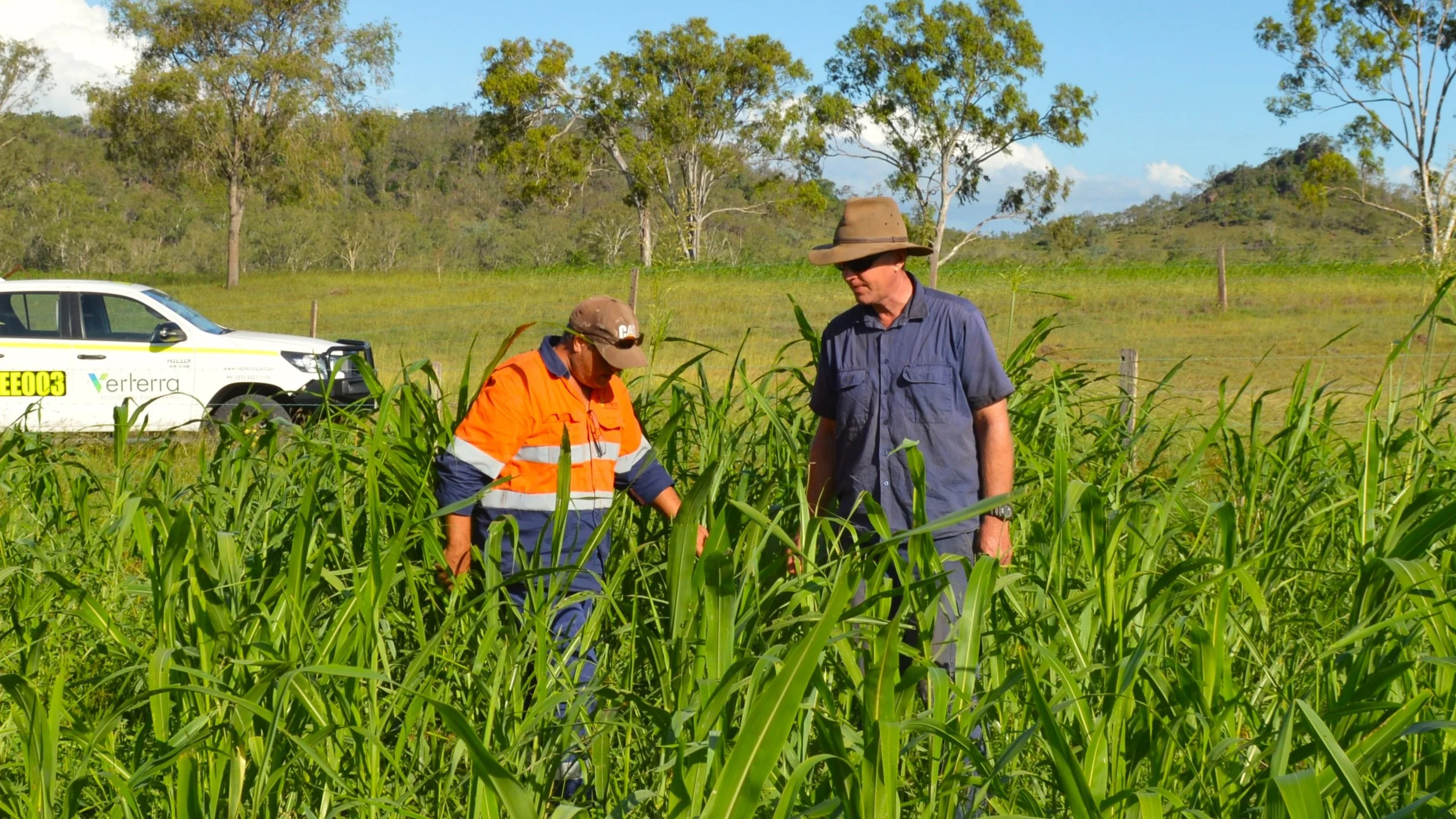Ecosystem Services: A Smart Investment for Business and Nature
The Business Case for Nature’s Infrastructure
For decades, many companies have viewed the environment through a narrow lens: as a resource to extract from or a compliance obligation to manage. But this mindset is shifting — fast. A 2024 report from the Deloitte Centre for Integrated Research suggests that senior leaders need to recognise that nature is not just a backdrop, but an operating system underpinning every industry. In fact, nature provides a suite of ecosystem services that carry real economic value — and, when properly managed, can drive measurable returns for business.
Ecosystem services are not just about conservation — they’re about resilience, efficiency, and long-term profitability.
What Are Ecosystem Services?
Ecosystem services are the benefits that natural systems provide to people, businesses, and the economy. These services form the foundation of global commerce — yet they’re often invisible on the balance sheet.
-
These are the tangible goods ecosystems produce such as:
Freshwater for industrial use and supply security
Biomass (e.g. timber) for energy, materials, and packaging
Genetic resources that drive innovation in biotech and agriculture
Natural compounds used in pharmaceuticals and manufacturing
-
These processes reduce business risk and operating costs and include:
Water purification and natural waste treatment
Carbon sequestration and climate regulation
Protection against floods, fires, and weather extremes
Erosion control and land stabilisation
Pollination services that are essential for food production
-
Critical to long-term productivity and resilience such as:
Nutrient cycling and soil formation
Hydrological function across landscapes
Primary production through photosynthesis
Biodiversity support and habitat provision
-
Influencing reputation, social licence, and asset value, including:
Recreation and eco-tourism potential
Aesthetic and amenity value for landholders and communities
Cultural heritage and connection for Traditional Owners
Brand equity linked to visible environmental performance
The ESG Imperative: From Risk to Resilience
According to the World Economic Forum 2025 Global Risks Report, environmental risks dominate the 10-year horizon, led by extreme weather events, biodiversity loss and ecosystem collapse. For business, this translates into mounting challenges:
Disrupted supply chains due to extreme weather and natural system failures
Rising operational costs to replace degraded ecosystem functions
Increasing regulatory scrutiny and compliance obligations
Reputation damage from perceived or real environmental harm
Reduced access to capital as ESG expectations tighten
The financial exposure is real — but so is the opportunity.
A Strategic Opportunity for Business Leaders
For forward-thinking organisations, investing in ecosystem services is about more than mitigating risk — it’s about creating long-term value through environmental performance. When ecosystems are functional and healthy, they:
Reduce costs through natural system efficiencies
Increase climate resilience at operational sites
Create new revenue streams through carbon, biodiversity and water markets
Strengthen ESG reporting with measurable, place-based outcomes
Improve community relations and regulatory confidence
Nature is no longer a passive asset — it’s a driver of future competitiveness.
Verterra: Turning Natural Capital into Strategic Value
For over 25 years, Verterra has helped large businesses integrate ecosystem services into their operational strategy. Our ecological engineering solutions are designed to enhance and restore natural function — while aligning with commercial goals and ESG frameworks.
We work across industries — from mining and energy to agriculture and infrastructure — delivering nature-based solutions that:
Improve land, water, and vegetation function
Reduce environmental liabilities and risk exposure
Generate credits and unlock access to emerging environmental markets
Provide credible data for sustainability and ESG reporting
The Time to Act is Now
As the business landscape evolves, the companies that succeed will be those that value nature not just as a responsibility — but as an opportunity.
At Verterra, we believe that aligning business strategy with natural systems is not only possible — it's essential. And increasingly, it’s profitable.
Case in Point: The Fitzroy River Water Quality Improvement Project
In partnership with landholders, Verterra implemented a region-wide strategy to restore degraded grazing lands, reduce sediment runoff, and unlock new value through Reef Credit and carbon markets. The project delivered verified environmental outcomes, strengthened land productivity, and created new revenue streams – all while enhancing ESG credibility with regulators and investors. It’s a clear example of how ecosystem services, when properly managed, become powerful business assets. READ MORE
Revegetation on Verterra’s Fitzroy River Water Quality Project
Want to turn nature into a business asset?
Contact Verterra to explore how ecosystem services can help you deliver on your ESG commitments — and secure long-term business resilience.

